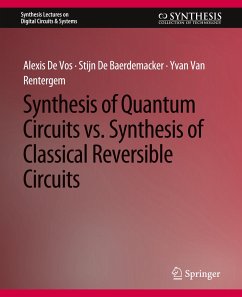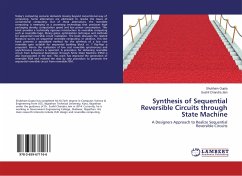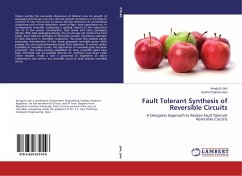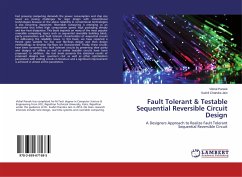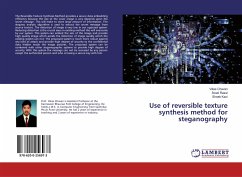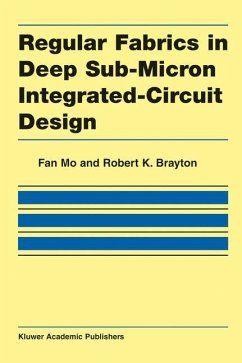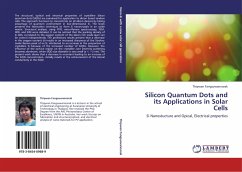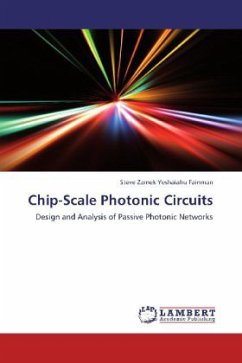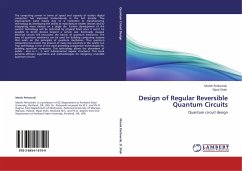
Design of Regular Reversible Quantum Circuits
Quantum circuit design
Versandkostenfrei!
Versandfertig in 6-10 Tagen
52,99 €
inkl. MwSt.

PAYBACK Punkte
26 °P sammeln!
The computing power in terms of speed and capacity of today's digital computers has improved tremendously in the last decade. This improvement came mainly due to a revolution in manufacturing technology by developing the ability to manufacture smaller devices and by integrating more devices on a single die. Further development of the current technology will be restricted by physical limits since it won't be possible to shrink devices beyond a certain size. Eventually, classical electrical circuits will encounter the barrier of quantum mechanics. The laws of quantum mechanics can be used for bu...
The computing power in terms of speed and capacity of today's digital computers has improved tremendously in the last decade. This improvement came mainly due to a revolution in manufacturing technology by developing the ability to manufacture smaller devices and by integrating more devices on a single die. Further development of the current technology will be restricted by physical limits since it won't be possible to shrink devices beyond a certain size. Eventually, classical electrical circuits will encounter the barrier of quantum mechanics. The laws of quantum mechanics can be used for building computing systems that work on the principles of quantum mechanics. Thus quantum computing has drawn the interest of many top scientists in the world. Ion Trap technology is one of the most promising prospective technologies for building quantum computers. This technology allows the placement of qubits - ions in 1-, 2- and 3-dimensional regular structures. This book presents efficientalgorithms and methodologies for designing reversible quantum circuits.



